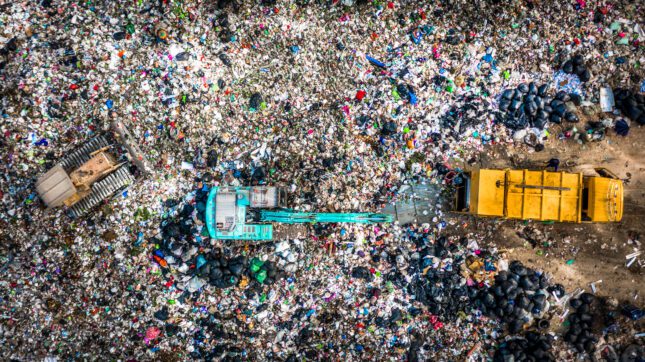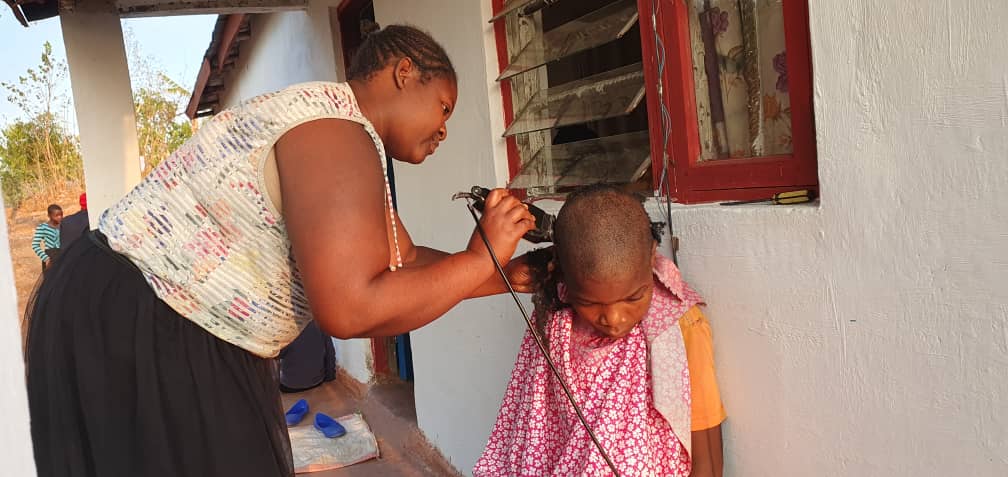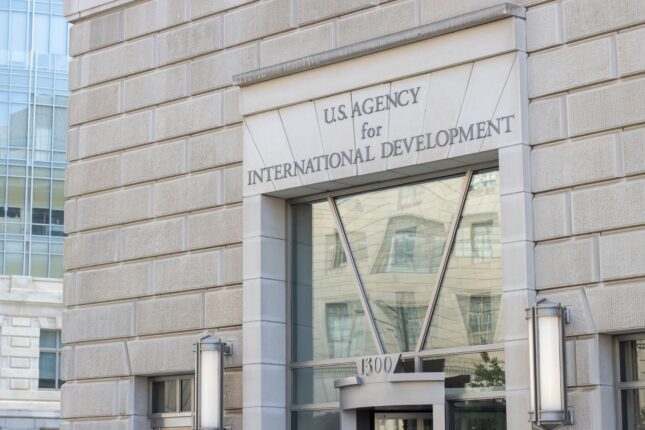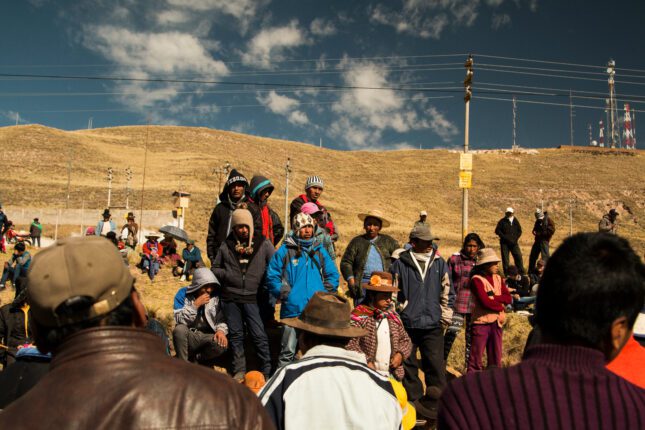-
The Mekong Dam Monitor Tracks a River Under Pressure
›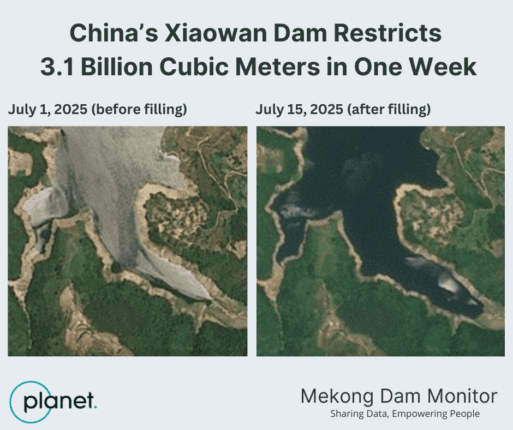
The Mekong River’s seasonal floods nurture the world’s most productive inland fishery and irrigate rice paddies that feed millions. Approximately 70 million people live in the lower Mekong Basin, and 75% of them depend on fishing and farming for their livelihoods. But hydropower expansion and other development projects are fragmenting the river and disrupting its natural rhythms, with severe consequences for those living downstream.
-
Is Peace Enough? Why Sustainability Requires More Than Stability
›July 15, 2025 // By Richard Marcantonio
Around the world, conflict and environmental risks are on the rise – and they’re often connected in complex ways. In the past five years alone, the number of global conflicts has doubled. At the same time, human activity is pushing the planet beyond the ‘safe operating space’, increasing the risk of instability.
Researchers studying the links between conflict and environmental change have found that war and violence almost always harm the environment. But the reverse connection – whether environmental stress leads to conflict – is much harder to pin down. That’s because political systems, local institutions, and social dynamics often shape how environmental pressures play out.
Findings from recent studies suggest that sustainability and peace are positively correlated. In other words, the results suggest that peace and sustainability go hand in hand. If true, pursuing one could help achieve the other. But what if it’s not that simple?
-
China’s Off-grid Solar Home Systems Light Up Lives in Sub-Saharan Africa
›China and the Global Energy Transition // China Environment Forum // Guest Contributor // July 10, 2025 // By Charles MpakaIn a rural, hard-to-reach area of Blantyre district in southern Malawi, Ephraim Louis cannot imagine where his life would be without the solar panel on the roof of his house. “I am not a captive of darkness anymore,” says Louis, 42. “It’s been more than 10 years since I installed this [solar panel] system. We still don’t have the main grid anywhere near us and no one here thinks it will ever come.”
-
The Dangerous Distraction of Population Decline Alarmism
›July 9, 2025 // By Kathleen Mogelgaard
As headlines warn of falling birth rates and a “world gone gray,” a more urgent and overlooked story is unfolding: in too many places, women and girls are still being failed – with profound consequences for human health, economic growth, and sustainable development.
This week will mark the 35th World Population Day, a day established to focus attention on how population trends – growth, decline, migration, urbanization – shape our shared future. These dynamics influence everything from natural resource use and governance models to, over time, relationships among nations. Understanding where and how populations are changing allows us to plan more effectively and strategically for the future, and to steward our resources toward development success that can be truly sustained.
-
Plotting the Future of U.S. Foreign Aid
›
When Secretary of State Marco Rubio formally declared the “era” of USAID over on March 28, 2025, it represented an extraordinary sea change for US foreign aid deployed over the past six decades.
Yet the world has changed dramatically since the U.S. Agency for International Development (USAID) was established by the Foreign Assistance Act of 1961 in the middle of the Cold War. So, there is every reason to thoughtfully consider what foreign aid should look like today as we navigate an era of Great Power Competition (GPC).
-
High Standards in Mineral Supply Chains: A Business Case
›
Much of the current narrative surrounding critical minerals puts speed and competition in the foreground. Yet the how of mining matters immensely to create and maintain stable mineral supply chains. Reliable and diversified supply chains create win-win scenarios for all stakeholders by incorporating best-in-class environmental standards and true community partnerships.
-
ECSP Weekly Watch | February 24 – 28
›
A window into what we’re reading at the Wilson Center’s Environmental Change and Security Program
EU Parliament Suspends Rwandan Critical Mineral Pact Over Links to DRC Conflict (Mongabay)
Rwanda and the DRC both have large reserves of critical minerals essential to the clean energy transition. Yet the EU has voted to suspend a cooperation agreement on mineral extraction in the region after the Rwandan-backed rebel group M23 seized key areas in the DRC’s eastern provinces.
-
ECSP Weekly Watch | January 20 — 24
›
A window into what we’re reading at the Wilson Center’s Environmental Change and Security Program
Placing Water at the Heart of Climate Action (Relief Web/Netherlands Red Cross)
It may be true that water is life. But equally true is that roughly 90% of natural disasters—and the havoc they wreak—are water-related. A recognition that these disasters are intensifying in a warming world has led the Netherlands Red Cross to create Water at the Heart of Climate Action (WHCA): a program to tackle the intertwined crises of water-related disasters and climate change.
Showing posts from category development.


